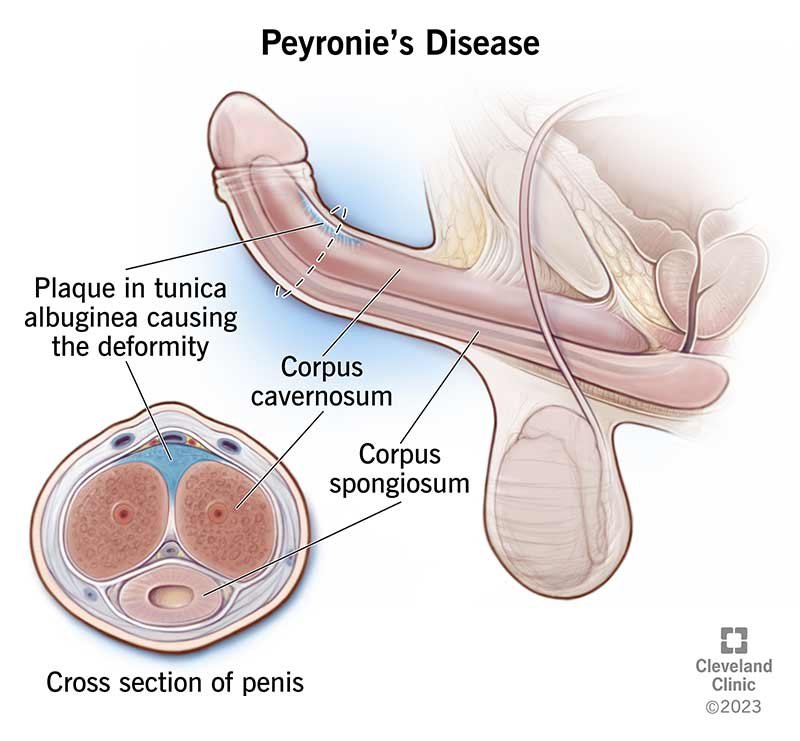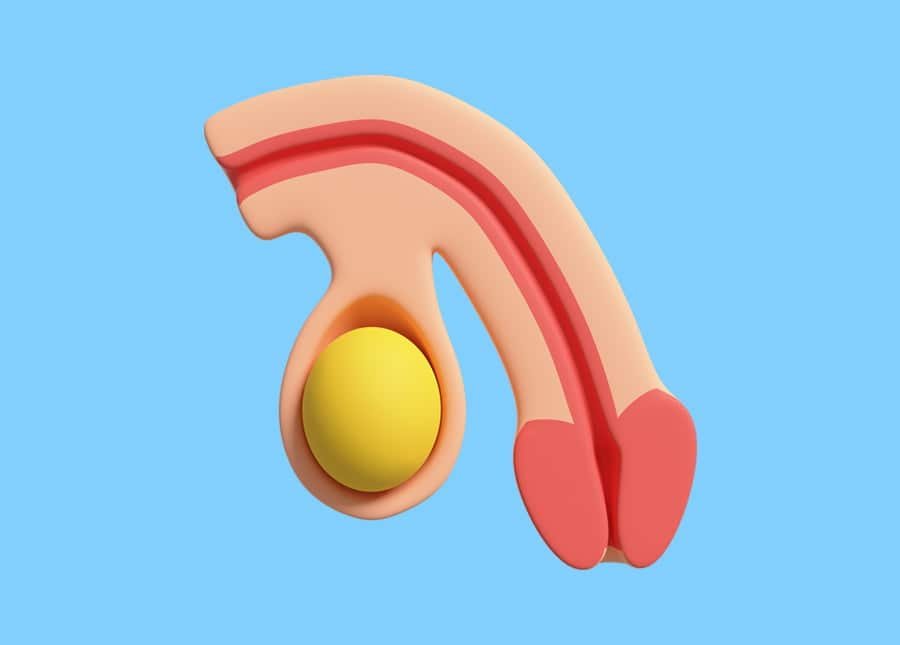Circumcision Surgery in Turkey is a common practice that involves the surgical removal of the foreskin of the penis. This procedure is greatly influenced by cultural and religious traditions, especially of the Muslims and Jews. It is considered a rule of cleanliness in various religions. Many parents choose to circumcise their sons for religious, cultural, or social reasons. A Urologist performs the surgery at an affordable price. in our clinic.
Why do men get circumcised?
Men undergo circumcision for various reasons, including cultural, religious, medical, and personal considerations. Here are some common motivations:
Religious Practices:
Judaism
Circumcision is a religious covenant in Judaism, typically performed on infant boys.
Islam
Circumcision is considered a cultural and religious practice in Islam, often performed during childhood.
Cultural Traditions:
In certain cultures, circumcision is a rite of passage or a cultural tradition that symbolizes entry into adulthood.
Health and Hygiene:
Circumcision is believed by some to promote better genital hygiene, as it may reduce the risk of infections and certain medical conditions.
Preventive Health Measures:
Studies suggest that circumcision may offer some protection against sexually transmitted infections (STIs) and urinary tract infections (UTIs).
Medical Conditions:
Circumcision may be recommended for individuals with specific medical conditions, such as phimosis (tight foreskin) or recurrent infections.
Personal Preference:
Some individuals or parents choose circumcision based on personal preferences, aesthetics, or family norms.
Social or Peer Influence:
In some communities, social or peer pressure may play a role in the decision to undergo circumcision.
When Is Circumcision Surgery In Turkey Needed?
Circumcision Surgery in Turkey is done mostly for religious reasons. In Jewish and Islamic cultures and some African and Australian communities, Circumcision is done for religious purposes. For them, it is a matter of maintaining personal hygiene, following family tradition, or simply for preventive reasons.
Who Are The Best Candidates For Circumcision Surgery In Turkey?
Circumcision Surgery may be carried out for several reasons that include medical and non-medical purposes.
Medical reasons
Circumcision Surgery is most commonly indicated in the following conditions:
- Tight foreskin (it won’t pull back or retract): a condition known as phimosis
- Recurrent balanitis: A condition in which the foreskin and head of the penis become inflamed and infected
- Paraphimosis: When the foreskin fails to return to its original position after being pulled back. This may lead to swelling and pain in the head of the penis. Prompt treatment is required to prevent any serious complications, such as reduced blood flow to the penis.
- Balanitis xerotica obliterans: Causes phimosis and may scar and inflame the head of the penis
- Penile cancer
Non-medical reasons
Circumcision Surgery in Turkey is a common practice in Jewish, African, and Islamic communities.
Who Should Not Consider Circumcision Surgery In Turkey?
People with certain conditions cannot undergo the Circumcision Surgery in Turkey procedure. These include:
- A pre-existing medical condition that requires monitoring
- Known bleeding diathesis (e.g., hemophilia, thrombocytopenia)
- Certain disorders of the skin or connective tissue may lead to impairment of normal healing
- Informed parental consent has not been obtained.
- Premature babies
- Babies aged 12 to 24 hours
What is the benefit of circumcision?
Circumcision has been associated with several potential benefits, though it’s important to note that opinions on these benefits may vary, and the decision to undergo circumcision is often influenced by cultural, religious, and individual factors. Some potential benefits include:
Reduced Risk of Infections:
Circumcision has been linked to a lower risk of urinary tract infections (UTIs) in infants. The removal of the foreskin may reduce the likelihood of bacterial infections in the urinary tract.
Decreased Risk of Sexually Transmitted Infections (STIs):
Some studies suggest that circumcised individuals may have a reduced risk of certain sexually transmitted infections, including HIV, herpes, and human papillomavirus (HPV).
Lower Incidence of Penile Cancer:
Circumcision has been associated with a lower incidence of penile cancer. The removal of the foreskin may decrease the risk of cancerous changes in the penile tissues.
Improved Genital Hygiene:
Circumcision may contribute to better genital hygiene by reducing the risk of inflammation and infections under the foreskin.
Prevention of Phimosis and Balanitis:
Circumcision can prevent conditions such as phimosis (tight foreskin) and balanitis (inflammation of the foreskin and head of the penis).
How should I prepare for Circumcision Surgery in Turkey?
Circumcision Surgery in Turkey is performed while newborns are still in the hospital. The procedure can be performed by paediatricians or obstetricians. Signing the consent form before getting the circumcision is essential. For children or older adults, Circumcision is an outpatient procedure. Even for them, signing a consent is mandatory. Doctors explain the associated risks and benefits of the procedure before beginning. Painkillers are prescribed to deal with the pain after the procedure.
What are Types of Circumcision Procedures
Circumcision is performed using three main methods:
Gomco Clamp:
This method is commonly used for newborns. It involves a metal device with a protective cap for the head of the penis. A circular clamp is applied, cutting off circulation to the foreskin. The foreskin is then removed using a scalpel or scissors to control bleeding.
Plastibell Technique:
In this procedure, a plastic cap is placed over the head of the penis, beneath the foreskin. Surgical thread is tightly tied around the foreskin, disrupting circulation and causing the tissue to die. The plastic cap remains in position until it naturally falls off after several days.
Mogen Clamp:
Invented by a rabbi, this method is akin to the Gomco technique but lacks a protective cap for the head of the penis. The foreskin is stretched, clamped to control bleeding, and then removed with a scalpel.
How Does The Circumcision Surgery In Turkey Treatment Work?
Circumcision Surgery in Turkey in newborns is performed in the hospital within ten days of their birth. The procedure usually takes about 10 minutes after the anesthesia takes effect. It can be done with the stapler technique as well. Cosmetically it’s superior to the conventional method. Newborns are made to lie on their back with their arms and legs restrained. First, the penis and the adjacent area are cleaned with an antiseptic. Then, anesthesia is injected into the base of the penis. Next, a clamp or plastic ring is attached to the penis to remove the foreskin. The penis is then coated with an ointment and wrapped loosely with gauze. The procedure is similar for older boys and adults.
The patient is given a clinical physical examination and necessary tests are performed as prescribed by the doctor to ensure make sure the procedure is smooth and safe. The doctor administers anesthesia at the base of the penis to help reduce pain for the patient during surgery, the anesthetic effect usually lasts up to 1 hour after the end of the procedure. The doctor separates the foreskin with an electric pen, removes excess skin and conducts plastic surgery. After the end of the procedure, the patient is allowed to rest for 30 minutes to monitor their health and listen to advice from a specialist on how to clean and care for the penis after surgery.
Are There Complications Of Circumcision Surgery ?
Circumcision Surgery in Turkey procedure does not attract any severe complications whatsoever. Pain and swelling are normal and will disappear in a few days.
Costs of Circumcision
Circumcision Cost in the UK:
The expense for a private circumcision surgery consultation without health insurance is generally in the range of £200-£300 at private hospitals or clinics in the UK. It’s recommended to contact specific healthcare providers for accurate and up-to-date pricing information, as costs can vary based on factors such as the type of facility and any additional services included in the package.
Costs for a Circumcision in Germany
The costs of a circumcision for a child around € 300-500. The costs of a circumcision for an adult is around 500-800€ in Germany.
Cost of Circumcision Surgery in Turkey
For older children and adult male patients that are not covered by health insurance, the circumcision surgery cost may fall between 300$ and 1,000$ or more. This price is dependent on their age, facility fee, anesthesia use, and if the foreskin is retractable.
Circumcision Cost in the US
Typically, the cost of circumcision in the United States falls within the range of $250 to $700. The amount you will need to pay out of pocket depends on your insurance benefits.
Is Circumcision Surgery covered by insurance?
Circumcision is an elective procedure. This means, that your insurance company may not cover the cost of this procedure. It is important that you call your insurance company to check your coverage before the procedure.
Can 40-Year-Old Men Be Circumcised?
Narrowing or elongation of the foreskin occurs in both infants and adult men. As recommended by doctors, there is no age limit for circumcision surgery. Therefore, 40-year-old male circumcision when the foreskin is narrow or elongated is completely doable. In case the narrow foreskin causes difficulty in the process of going to the toilet, pain in the penis, urine accumulation in the foreskin when not cleaned will create conditions for bacteria to grow, causing infections. Male diseases such as balanitis, urethritis, penile cancer… Patients need to go to a medical facility to be examined and indicated as soon as possible to avoid serious health and important consequences. Later sex. In addition, early circumcision will help keep the genitals clean and limit the risk of penile infections.
What Are The Benefits Of Circumcision Surgery In Turkey?
Circumcision is essential to correct long or narrow foreskin in adults, providing many health benefits for men as follows:
- Cleaning easier: Patients will no longer experience genital warts or harmful bacteria that accumulate causing inflammation of the urethra, glans, gynecological diseases.
- Helps the penis to develop comprehensively:
- Helps improve sexual quality: the penis will be able to erect to its full capacity, stronger and more confident during sexual intercourse.
- Reduce the risk of infection of social diseases: The penis after the procedure is developed normally, clean and hygienic to help limit the accumulation, development and invasion of viruses and bacteria that cause infectious diseases.
- Limiting the risk of male infertility and penile cancer: Many patients often wonder if the foreskin is long or narrow, whether it is necessary to undergo a circumcision procedure or not.
- Delay in this decision can lead to poor sperm quality, potentially increasing the risk of developing penile cancer.
What Is The After Care For Circumcision Surgery In Turkey?
Proper care and hygiene after a Circumcision Surgery in Turkeyprocedure is extremely important. Some notes on care and hygiene after surgery are as follows:
- After surgery, the foreskin is usually thinner and more sensitive. Therefore, patients should wash their hands and gently wash the penis 2-3 times a day.
- Avoid using strong antibacterial soaps or strong scents because they can cause irritation.
- Patients should not drink stimulants such as alcohol, beer, tobacco, carbonated drinks or alcohol, because they slow down the wound healing process.
- When urinating, gently use the middle and index fingers to pinch and gently pull the foreskin up. Pull the foreskin back to its original position and do not allow urine to collect after using the toilet.
- Proper hygiene of the foreskin not only protects the penis and limits infection, but also plays an important role in maintaining sexual function. So in any case you need to clean every day in the shower and after sex.
Is Circumcision Surgery In Turkey Painful?
No, It is not painful. The penis takes about seven to twelve days to heal completely. People experience swelling, redness, and soreness around the penis. Sometimes a yellow fluid may be present on the tip of the penis.
When Should I Call My Doctor After Circumcision?
In case any of the following symptoms arise, contact your doctor at Cayra Clinic in Turkey immediately:
- Difficulty in urinating even after 12 hours of the circumcision
- Persistent bleeding
- Foul-smelling fluid drain from the tip of the penis
- The plastic ring does not fall off on its own even after two weeks of circumcision
- Fever
- Increased pain
Whats The Recovery Period For Circumcision Surgery ?
Your surgeon at Cayra Clinic in Turkey will most often numb the penis with local anesthesia before the procedure starts. The numbing medicine may be injected at the base of the penis, in the shaft, or applied as a cream. There are several ways to perform a circumcision. Most commonly, the foreskin is pushed from the head of the penis and clamped with a metal or plastic ring-like device. If the ring is metal, the foreskin is cut off and the metal device is removed. The wound heals in 5 to 7 days. If the ring is plastic, a piece of suture is tied tightly around the foreskin. This pushes the tissue into a groove in the plastic over the head of the penis. Within 5 to 7 days, the plastic covering the penis falls free, leaving a completely healed circumcision. The baby may be given a sweetened pacifier during the procedure. Tylenol (acetaminophen) may be given afterward.
Can you pee after circumcision?
Yes, individuals can urinate after circumcision. However, there might be some discomfort or mild pain, especially during the initial stages of the healing process. It’s important to follow postoperative care instructions provided by the healthcare provider, which may include:
When Will I Resume My Daily Activities After Circumcision Surgery?
You should remain relatively inactive the first 72 hours following Circumcision Surgery in Turkey. We do encourage walking around for a few minutes every two hours to maintain good circulation, but otherwise, no activity. After three days, you may resume your daily routine but should continue to avoid high-impact Activities such as running, skiing, or boating as well as activities that put direct pressure on the scrotum such as riding a motorcycle, atv, or snow machine for a total of 6 weeks after surgery. Ice packs should be placed on and off the genitals for the first 48-72 hours. Frozen peas or an ice pack can be frozen, used and re-frozen. Fifteen minutes on and 15 minutes off is the recommended schedule. Use a thin cloth or towel in between the skin and ice pack to reduce skin irritation. Ice is a good pain reliever and keeps the swelling down. Avoid all forms of sexual activity for four to six weeks after surgery. Erections, in general, should be avoided; however, erections that occur while sleeping cannot be controlled and thus some pain upon waking is normal. In some instances, these erections can cause early disruption of stitches that can result in prolonged healing, i.e. Prolonged restrictions. They can also sometimes lead to bleeding.
If bleeding occurs, hold pressure on bleeding site for 10 minutes. Repeat if necessary. If bleeding does not stop after two rounds of applied pressure, call your doctor at Cayra Clinic immediately.
Why Choose Cayra Clinic For Your Circumcision Surgery In Turkey?
Cayra Clinic in Turkey, offers a wide range of plastic and cosmetic surgery services. Cayra Clinic in Turkey uses the services of the best urologist in Turkey who are professional in the field ofCircumcision Surgery. With our offices located in Istanbul and Antalya, Turkey and with out offices equipped with the latest technologies possible, we assure you a complete and perfect Circumcision Surgery without any complications whatsoever. Book an appointment with Cayra Clinic in Turkey now and you will be glad with you Circumcision Surgery results.Our office will call you within one business day to set up your first follow-up appointment.
You can visit our blog page for more information about our treatments.
Our medical team will be answering when you have more questions or concerns, feel free to contact us for your free consultation.




